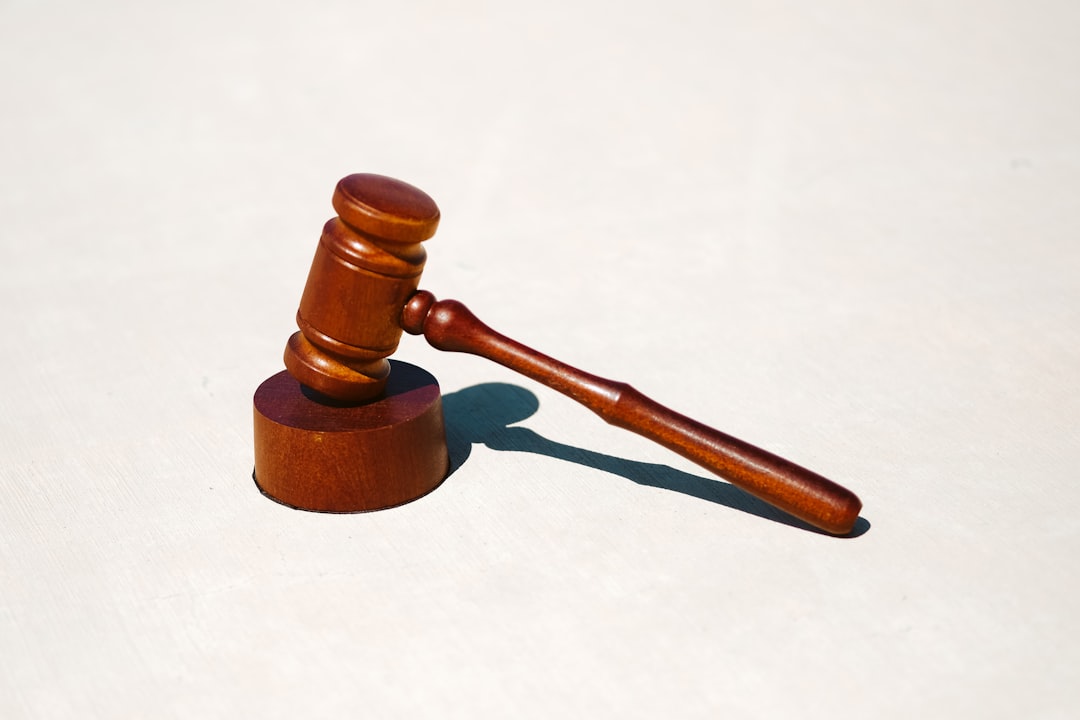Victims of cruise ship sexual assaults in Illinois must act swiftly, consulting specialized cruise line sexual assault law firms IL within two years to file personal injury claims or pursue criminal charges within five years, navigating complex international maritime laws and protecting their rights.
In the event of a cruise ship sexual assault, understanding Illinois’ statute of limitations is crucial. This comprehensive guide delves into the specific legal framework governing such cases in the state, focusing on the laws related to cruise line sexual assault claims. We explore the time limits for filing lawsuits and the liability roles of cruise lines, offering insights for victims seeking justice through top-rated cruise line sexual assault law firms in IL.
Understanding Illinois Law on Cruise Ship Sexual Assaults

In Illinois, the statute of limitations for filing a lawsuit related to cruise ship sexual assaults is crucial information for victims seeking justice. The law sets a timeframe within which legal actions must be initiated, and understanding this deadline is essential for those considering pursuing a claim against a cruise line or the responsible party. Typically, the statute of limitations in Illinois for personal injury claims, including sexual assault cases, is two years from the date the incident occurred.
However, when it comes to cruise ship sexual assaults, there are unique considerations due to the international nature of these incidents. Cruise lines often operate under foreign flags and have their own set of laws and regulations, which can complicate legal proceedings. Therefore, Illinois law firms specializing in cruise line sexual assault cases recommend that victims promptly consult with an attorney after such an incident to ensure they understand their rights and the applicable statutes of limitations. These experts can guide individuals through the complexities of international maritime law and help navigate the process of seeking compensation for injuries sustained on a cruise ship.
Statutory Time Limits for Filing Legal Claims

In Illinois, the statute of limitations for filing legal claims related to cruise line sexual assault cases varies based on the type of claim and the age of the victim at the time of the incident. For civil lawsuits, including those involving personal injury and wrongful death resulting from sexual assault, individuals generally have two years from the date the harm was discovered or should have been discovered to file a lawsuit. This period is set by Illinois law (735 ILCS 5/120).
When it comes to criminal charges for sexual assault on a cruise ship, the time frame can be different. While there’s no specific statute of limitations for federal crimes, including those related to sexual assault on navigable waters, the Department of Justice recommends prosecuting these cases within 5 years after the crime occurred. Cruise line sexual assault law firms in Illinois often emphasize these time limits when assisting victims, as exceeding these statutory deadlines can bar legal recourse.
The Role of Cruise Line Liability and Compensation

In the context of a cruise ship sexual assault, understanding the statute of limitations is crucial for survivors seeking justice. Cruise lines operate within a complex legal landscape where their liability and the process of compensation play significant roles. Illinois law firms specializing in cruise line sexual assault cases are adept at navigating these waters, ensuring victims’ rights are protected. These legal experts guide clients through the intricacies of filing claims against cruise lines, which often involve stringent time limits.
The statute of limitations for such cases typically requires survivors to initiate legal proceedings within a specific timeframe after the incident. Cruise line sexual assault law firms in IL are instrumental in helping victims meet these deadlines. They understand that navigating the legal system can be overwhelming, especially for those who have experienced trauma. Therefore, these firms offer comprehensive support, ensuring survivors receive fair compensation and that justice is served.





